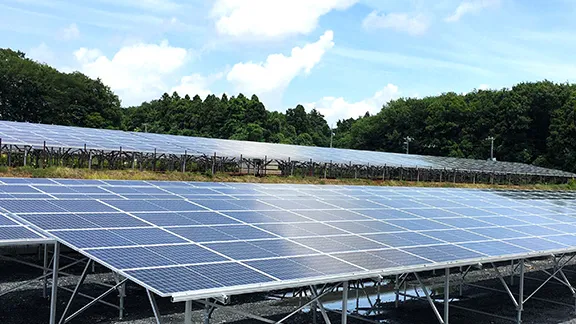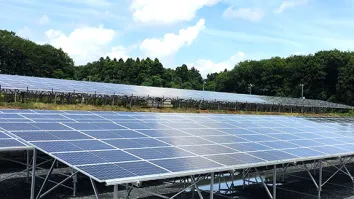
Tokyo Gas to acquire 20% stake in First Gen LNG
They are developing the Interim Offshore Terminal Project in the Philippines.
First Gen Corp subsidiary First Gen LNG Holdings signed a shareholders agreement and share subscription agreement with Tokyo Gas, making the Japan-based firm one of its shareholders.
In a statement, First Gen said its subsidiary will hold 80% of the company, whilst Tokyo Gas will hold the remaining 20% once approved.
ALSO READ: First Gen’s Q1 income drops 9% YoY to $81m
These agreements mark the next phase of their development of the Interim OFfshore Terminal Project within First Gen’s Clean Energy Complex in Batangas City.
First LNG is one of the leading gas power firms in the Philippines with operating gas assets of around 2,000 megawatts whilst Tokyo Gas is one of the largest LNG purchasers globally with an annual volume of 13 million tonnes per annum.


















 Advertise
Advertise







